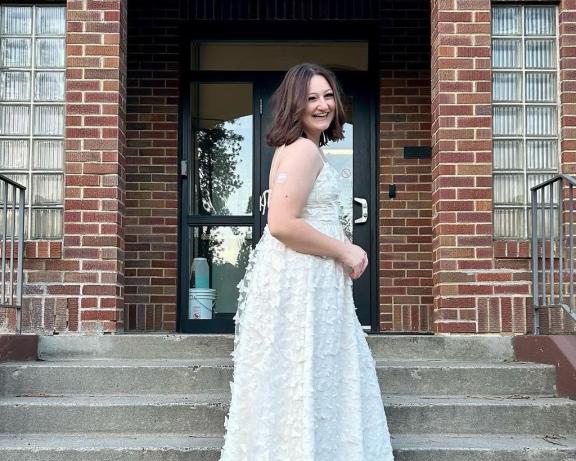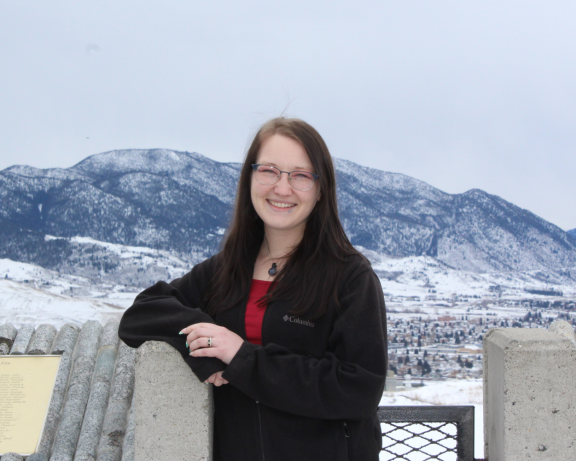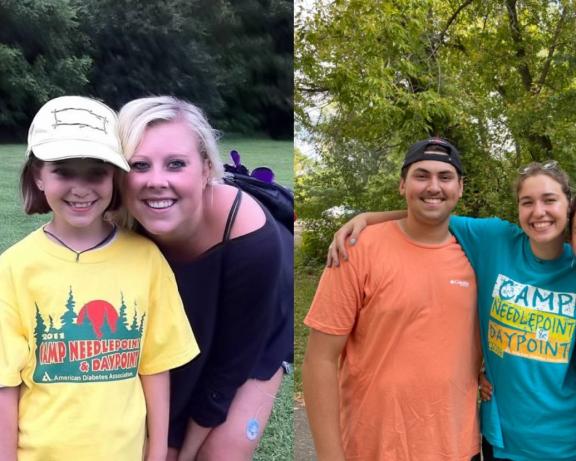
Emily Nebben from Victoria, Minnesota, is the mother of Carter, age 16. Carter was diagnosed when he was 15 years old. This is Emily's story:
Parents Talking Type One
The summer of 2011 will forever be etched in our family’s memory. We began noticing changes in our 15-year-old son, Carter, in April. He seemed distracted, tired, agitated at times and was having strange health symptoms. His grades began to decline, but he couldn’t seem to explain why.
By June, we noticed he was losing weight and thought he might be going through a growth spurt because he was sleeping, eating and drinking more than usual. During football camp in early July, he told us he couldn’t do it anymore—the weight training and cardio workouts were just too much. This was not like him, but we agreed he needed to take a break from training until he got over this “bug.”
It wasn’t until later, on a family trip in July to The Black Hills in South Dakota, that we realized how sick he was. He drank about 12 bottles of water within hours of our drive west. We had to stop every thirty minutes so he could use the bathroom.
When we hiked down to see Mount Rushmore, he could not climb back up the stone staircase—he had to sit on the steps and gasp for breath. When we went swimming at a local lake in Custer State Park we could see his heart beating through his ribcage. We knew we had to get him in to the doctor as soon as we got home.
We arrived home on a Thursday and got an appointment for the following Monday. We didn’t make it that far. By Sunday, July 24, Carter couldn’t get off the couch, so I decided to take him to the emergency room. After giving the nurse his list of symptoms, she said, “Have you considered diabetes?” Actually, we had. Over that weekend we had been searching his symptoms on the Internet and diabetes popped up right away.
He was diagnosed within 15 minutes with a simple blood test showing his blood glucose level at 955. We were told to go immediately to the Children’s Hospital in St. Paul.
We had an immense amount of guilt those first few days, but the doctors and nurses told us to focus on the road ahead. We quickly learned how to count carbohydrates and convert them into insulin units. We have never looked at carbohydrates the same way again.
The first few months were rough on all of us. The amount of medicine, needles, test strips and time spent monitoring Carter’s blood glucose was overwhelming.
Our four-year-old daughter and five-year-old son were fascinated by all the medical supplies and wondered why Carter had to get shots all the time. His brother John would regularly check his blood glucose, too, to make him feel better.
The hardest part for Carter was mourning the end of his childhood and what had been normal to him for 15 years. He would make comments like, “I just want to be a normal kid.”
Six weeks after his diagnosis, he started his sophomore year. It was a whole new ballgame adding diabetes management to his heavy high school academic schedule. He was unable to play football, as it took many months to gain back the weight and muscle he lost.
Now that he is 16 months past his diagnosis, things are under better control, though Carter is still learning every day. Just when he thinks he has a good blood glucose level, he drops low or goes unusually high. We always record his carbohydrate intake and look for patterns, but sometimes diabetes has a mind of its own.
Through it all, though, Carter does a great job keeping a positive attitude. He is about to begin his second year on the high school swim team and is able to manage this and diabetes quite well by making sure he has accessible carbohydrates close to the pool.
Diabetes never sleeps. As a parent, that is one of the hardest parts of the disease to come to terms with. You want to free your child of that burden and give them back their carefree life. However, that is not possible, so we choose to fight for, and work toward, a cure.
We hold on strong to the hope that Carter will one day say to his children and grandchildren, “I used to have diabetes.”





